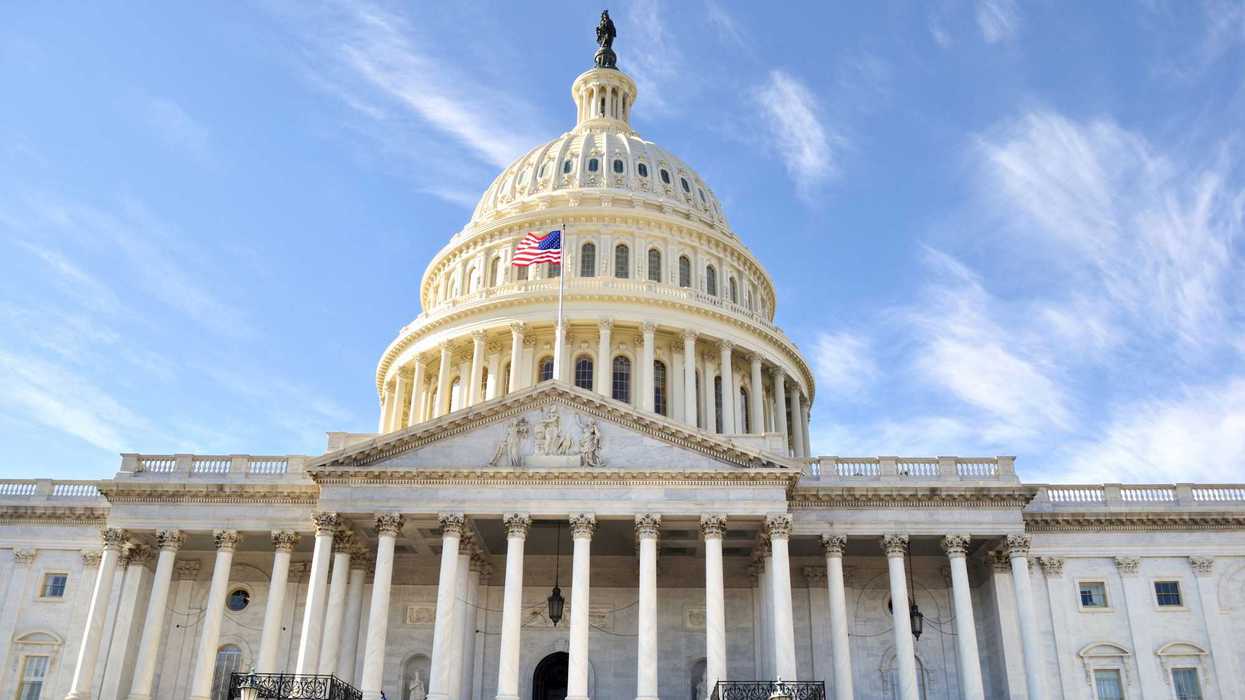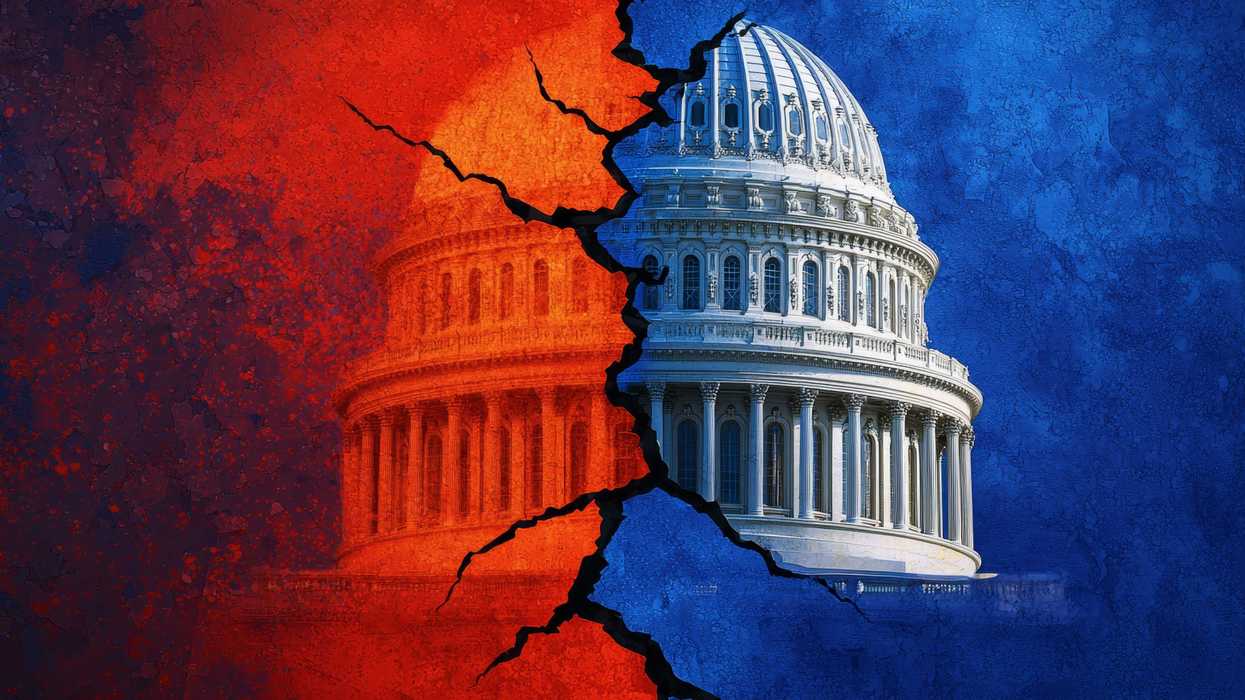This past spring and summer, The Fulcrum published a 30-part, nonpartisan series examining Project 2025—a sweeping policy blueprint for a potential second Trump administration. Our analysis explored the proposed reforms and their far-reaching implications across government. Now, as the 2025 administration begins to take shape, it’s time to move from speculation to reality.
In this follow-up, we turn our focus to one of the most consequential—and quietly unfolding—chapters of that blueprint: the dismantling of public education.
In the summer of 2025, the Trump administration’s education agenda is beginning to mirror—often word for word—the blueprint laid out in the Heritage Foundation’s Project 2025. While the administration has offered only tepid public acknowledgment of the 900-page “Mandate for Leadership,” the alignment between its proposals and federal actions is increasingly difficult to ignore.
We are witnessing the slow-motion dismantling of public education in America—not through a single sweeping law but through a myriad of quiet cuts. And it’s happening according to a plan that was published in broad daylight in Project 2025.
Project 2025, the Heritage Foundation’s policy blueprint for a second Trump administration, reads like a manifesto for the privatization of education and the rollback of civil rights.
It calls for abolishing the Department of Education, eliminating Title I funding for low-income schools, and redefining “sex” in federal policy to exclude transgender students. It proposes ending income-driven student loan repayment and censoring curriculum that addresses race, gender, or inequality. These aren’t just ideas on paper anymore. They’re becoming policy.
What Project 2025 Proposed
Project 2025 calls for a sweeping transformation of the federal government, and the Department of Education is among its primary targets. The document proposes:
- Abolishing the Department of Education entirely.
- Phasing out Title I funding and eliminating Head Start.
- Redirecting public funds to private and religious schools.
- Rolling back civil rights protections, including Title IX.
- Redefining “sex” as biological sex at birth.
- Privatizing student loans and ending income-driven repayment.
- Censoring curriculum related to race, gender, and American history.
These proposals are not just ideological—many are now operational and underway.
What Has Already Been Implemented
Mass Layoffs and Budget Cuts
In March, the administration terminated nearly 1,300 Department of Education employees—almost half the agency’s workforce. The Office for Civil Rights and student aid divisions were hit hardest. In June, $6 billion in federal education funding was frozen, affecting after-school programs, English language instruction, and teacher training. The Institute of Education Sciences lost $900 million, terminating 89 contracts and 29 equity-related grants.
Supreme Court Endorsement of Executive Overreach
On July 14, the Supreme Court issued a 6–3 decision overturning a lower court injunction, effectively greenlighting the mass layoffs described above. The ruling allows the Trump administration to proceed with its plan to shrink the Department of Education by attrition.
Justice Sonia Sotomayor, in a blistering dissent, warned that the decision “hands the Executive the power to repeal statutes by firing all those necessary to carry them out,” calling the majority’s action “indefensible” and a grave threat to the separation of powers.
The Court’s ruling transforms Project 2025’s blueprint for dismantling the Department of Education from concept to actionable precedent. What was once a controversial policy proposal is now being executed with the judicial branch’s imprimatur.
Civil Rights Rollbacks
The Office for Civil Rights has been effectively sidelined. Investigations into discrimination complaints have stalled, and a new executive order mandates that federal education policy recognize only biological sex—requiring schools to use pronouns and names assigned at birth.
Mental Health Defunding
A coalition of 16 state attorneys general is suing the administration for halting funds for school-based mental health services. The cuts jeopardize support for hundreds of thousands of students, particularly those in underserved communities.
What’s Still Under Consideration
While some proposals remain legally or politically constrained, they are clearly in motion:
- A draft executive order is reportedly circulating that would initiate the dismantling of the Department of Education. Full abolition would require congressional approval, but the administration is already shrinking its footprint through attrition and reorganization.
- The administration has paused new awards under income-driven repayment plans and is exploring privatization of federal student loan servicing.
- Federal grants are being reviewed for alignment with “President Trump’s priorities,” with particular scrutiny on programs that include content on race, gender, or immigration.
Why It Matters
The Department of Education was created not just to administer funding but to ensure equal access to education—a cornerstone of a democratic society. Project 2025 reframes education as a battleground for cultural control, and the Trump administration appears to be executing that vision with precision.
The consequences are already visible:
- School districts are scrambling to fill budget gaps.
- Civil rights complaints are languishing without review.
- Students—especially LGBTQ+ and low-income youth—are left without critical support.
As courts weigh the legality of these moves and Congress debates the future of federal education policy, one thing is clear: the dismantling of public education is no longer theoretical. It is happening now, in real time, and its architects are following a playbook that was published for all to see.
Public education is not perfect. But it is one of the last remaining institutions where Americans of all backgrounds come together to learn, grow, and imagine a shared future. To dismantle it is to weaken the very foundation of our democracy.
We cannot afford to look away. We must ask ourselves: What kind of country do we want to be? One where education is a public good or a private commodity? One where every child is seen and supported, or one where only the privileged thrive?
David Nevins is co-publisher of The Fulcrum and co-founder and board chairman of the Bridge Alliance Education Fund.


















 Mayor Ravi Bhalla. Photo courtesy of the City of Hoboken
Mayor Ravi Bhalla. Photo courtesy of the City of Hoboken Washington Street rain garden. Photo courtesy of the City of Hoboken
Washington Street rain garden. Photo courtesy of the City of Hoboken
